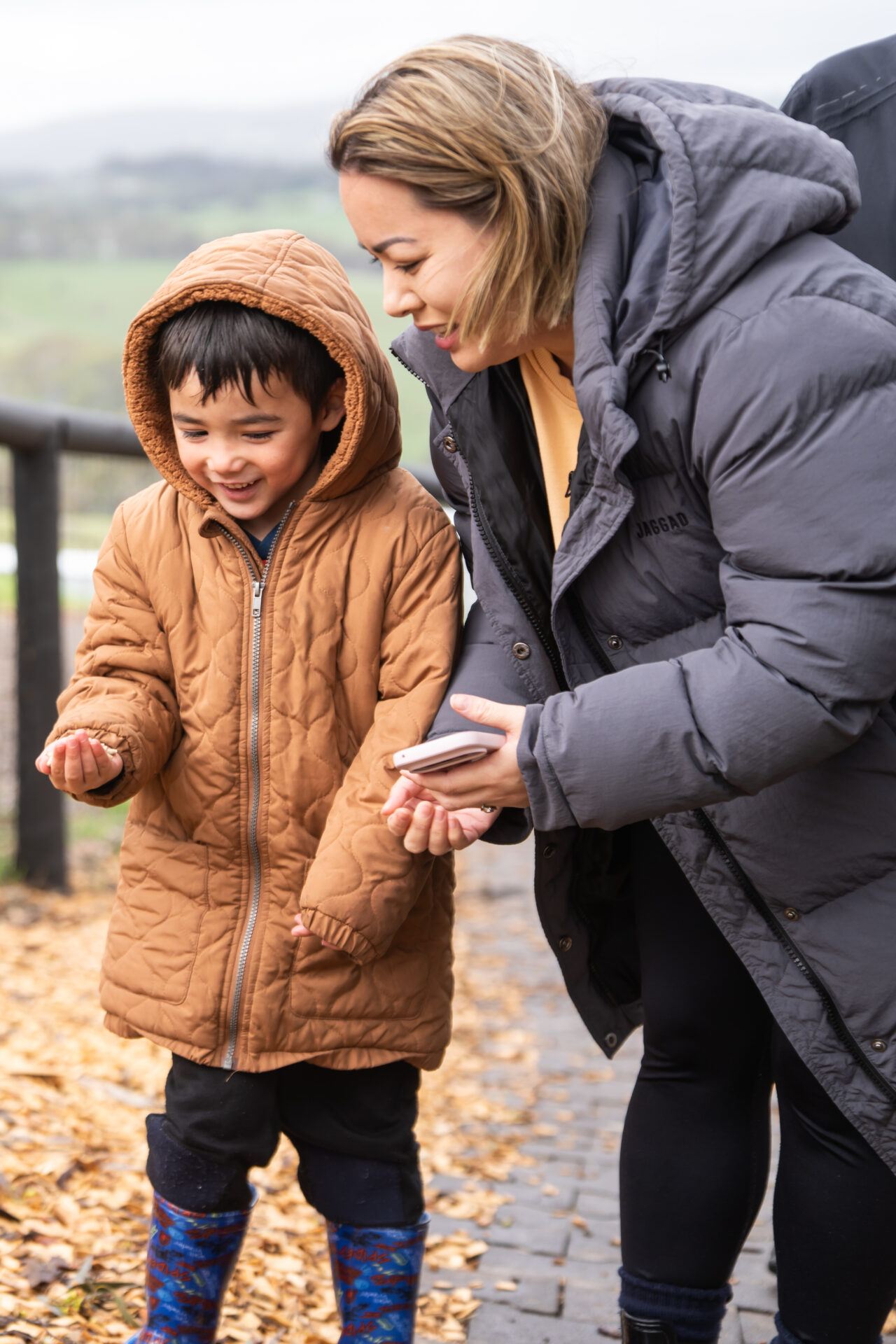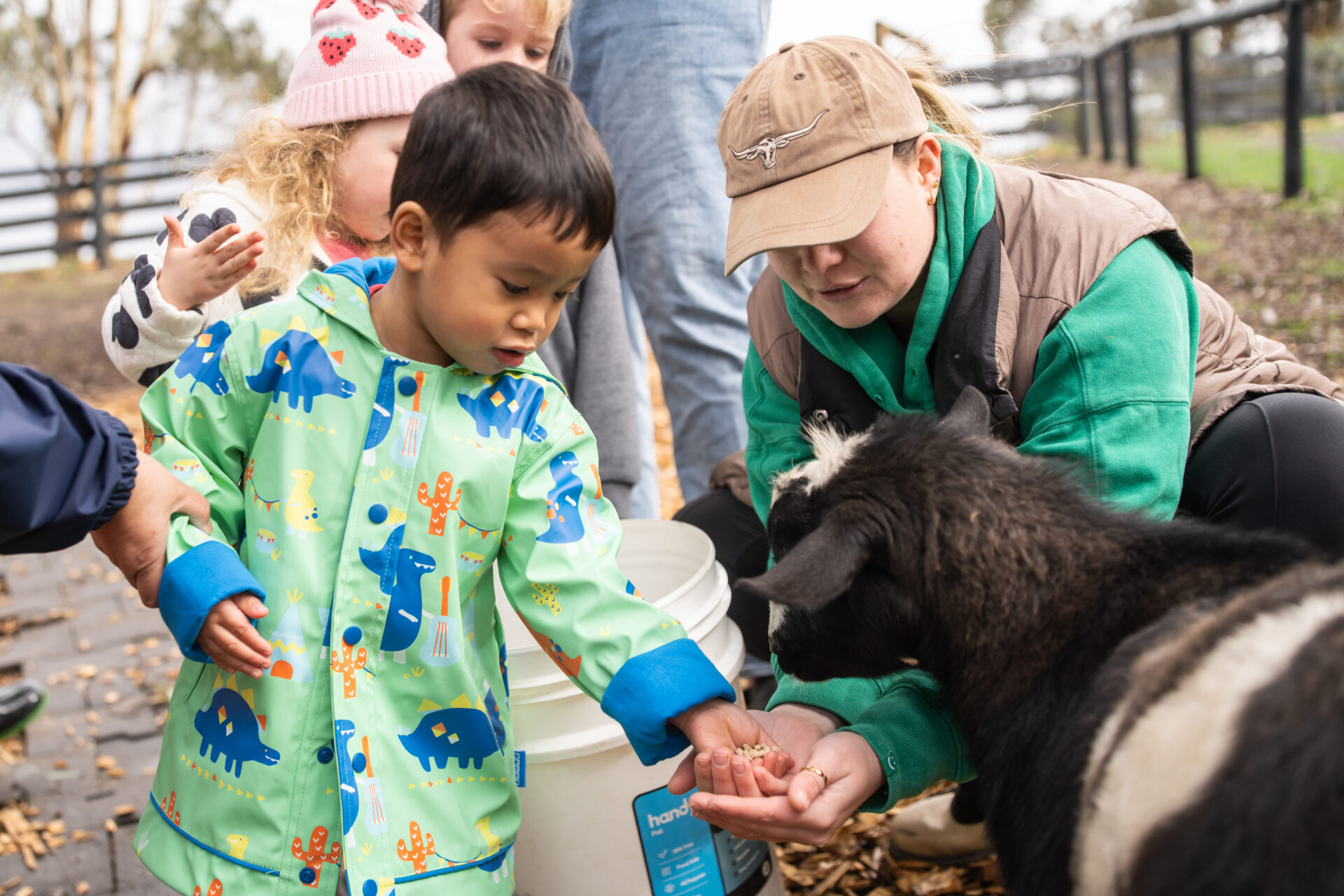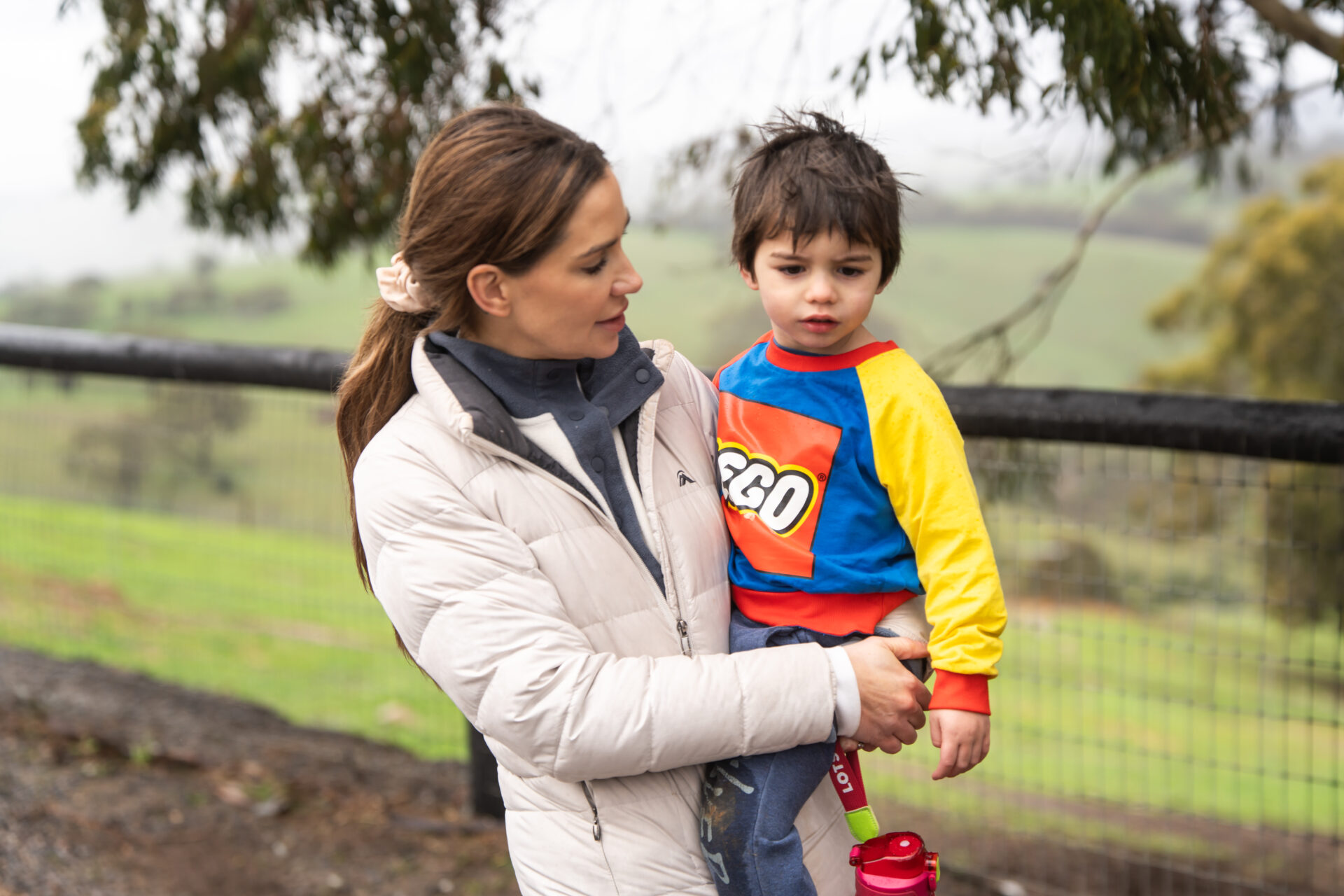Positive Behavioural Support
Supporting both Adult and Children’s behavioural needs with our highly experienced staff.
Our Behaviour Support Process
Registered and compliant with the NDIS Quality and Safeguards Commission
At Pearsons Services, we provide NDIS-registered Behaviour Support services delivered by qualified Behaviour Support Practitioners. Our approach is fully compliant with NDIS requirements and is closely regulated by the NDIS Quality and Safeguards Commission.
Learn more at: NDIS Commission Behaviour Support.
Accessing Behaviour Support Services:
A Video Introduction to Challenging Behaviour



What’s Involved in Developing a Positive Behaviour Support Plan? (PBSP)
Creating or reviewing a Positive Behaviour Support Plan is a detailed, evidence-based process that typically includes the following:
- Initial Intake & Case History Meeting
- Direct Observations across multiple settings (home, school, community)
- Risk Assessments to identify environmental or situational challenges
- Stakeholder Interviews with family, school staff, day programs, and support workers
- Formal Assessments, including:
- Vineland Adaptive Behaviour Scales
- Needs-based assessments
- Speech and OT reports (as required)
- Quality of Life Assessments
- Behaviour Data Collection
- Functional Behaviour Assessment (FBA)
- Detailed Analysis & Clinical Reporting
Plan Development & Review
Each plan includes:
- Clinical formulation and hypothesis
- Proactive & reactive strategies
- Tailored recommendations based on assessments
- Up to 15 hours of staff/carer implementation support
- Practitioner travel time
Total hours for a basic plan: approximately 46 hours
What Happens After the Plan Is Written?
Once the plan is in place, the real work begins. Implementation focuses on practical strategies that support learning, engagement, and behaviour change—often outside of traditional clinical settings.
At Pearson’s, we specialise in Animal-Assisted Interventions and nature-based supports. Our programs are tailored to each person’s behavioural goals and are designed to:
- Reduce challenging behaviours
- Promote engagement through motivating, real-life experiences
- Improve social and communication skills
- Support sensory regulation and emotional wellbeing
We use our therapeutic farm in Clarendon as a safe, calming space where individuals can explore, interact, and develop meaningful skills through hands-on experiences with animals and the natural environment.
FOLLOW US ON SOCIAL MEDIA TO SEE OUR ANIMALS AND EVENTS WEEKLY!
